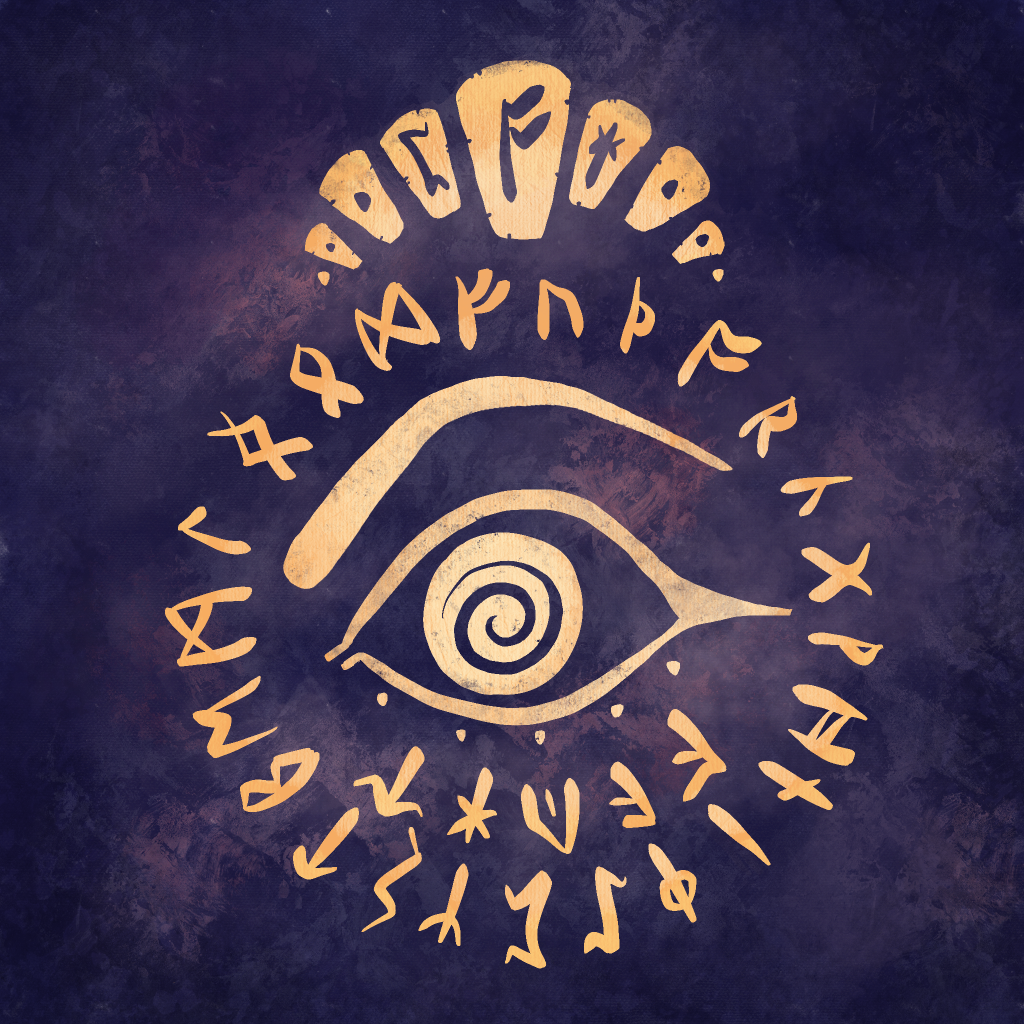
The Old English counterpart of Vör, or Vǫr. Vör is attested in the Prose Edda [1], where She is said to be wise and inquiring, and that nothing can be concealed from Her.
Vör’s name is a feminine version of the Old Norse word varr, meaning aware or wary [2]. A search of the Indo-European Lexicon [3] for aware lists as a related OE adjective wær, meaning aware, or careful [4]. This was a solid match to the ON, and became the name I chose to refer to Her.
Personal experiences and reflections
Along with Snotor, Wær is one of two Goddesses within the Twelve linked strongly with wisdom. Her name and attestation in the Prose Edda indicate that Her wisdom is characterised by carefulness, curiosity, and deep insight.
I understand Wær as a Goddess concerned particularly with intellectual, academic, and perhaps esoteric pursuits. Hers is the joy of diving deep into the study of whatever interests us, whether it is something we use in our day-to-day lives or not. Hers is the satisfaction and fulfilment of life-long learning, in an academic context or not. Hers are all the pursuits of the mind.
Wisdom is more than knowledge, however: it requires understanding, synthesis, and above all critical thinking. Wær teaches metacognition – that is, thinking about and understanding thinking itself – and discernment. This can be discernment in the sense of judging and evaluating different sources, or religious discernment: various methods of analysing and understanding spiritual signs or experiences. She is for me also deeply linked to theology, philosophy and epistemology.
The Prose Edda tells us that nothing can be concealed from Vör, just as Frigga is able to see all from Her high seat, even things hidden to the All-Father. For me this links both Frīg and Wær intimately with divination and other esoteric practices. I strongly associate Wær with the study of divination, particularly the use of the runes, with trance and spirit work, and the study and pursuit of the esoteric in general. She reminds us that mysticism, philosophy, and science, once called natural philosophy, may all interlink and inform one another rather than acting in contradiction.
I pray to Wær when I need insight and wise counsel, when I need understanding. When I seek divination, or to discern a path forward. When I set out on a program of study, to learn or research something.
Wær teaches us the virtue of insight – of looking at a question deeper, harder, from a different angle. Of questioning everything and everyone, including ourselves, including what it even means t know something. Of seeing the truth, the heart of the matter.
She is the wise teacher who guides us with a Socratic method that helps us reach understanding organically, independently. She is the knowing counsellor who asks a question of piercing insight. She is the researcher insatiably drawn to what is unknown. She is the mystic who sees through all veils and all mystery.
I symbolise Her with the all-seeing eye, the divinatory runes, and the keystone.
Epithets
Andgetful – discerning, knowing
Rǣd-witen – wise in counsel
Mōd-staþol – the foundation on which the mind rests
Ūþ-witen – philosopher, scribe, one learned in a particular area
Prayer
Hail Wær,
You who are the foundation stone of the mind,
Learned one, philosopher Goddess,
Giver of the wisest counsel,
May You bless us with Your just guidance,
Your eternal curiosity and understanding,
As we honour You with our discernment.
References
- Prose Edda – Gylfaginning, stanza 35
- See Wiktionary: https://en.wiktionary.org/wiki/varr#Old_Norse
- https://lrc.la.utexas.edu/lex/master/2169#ON
- All Old English taken from the Bosworth-Toller online dictionary.
